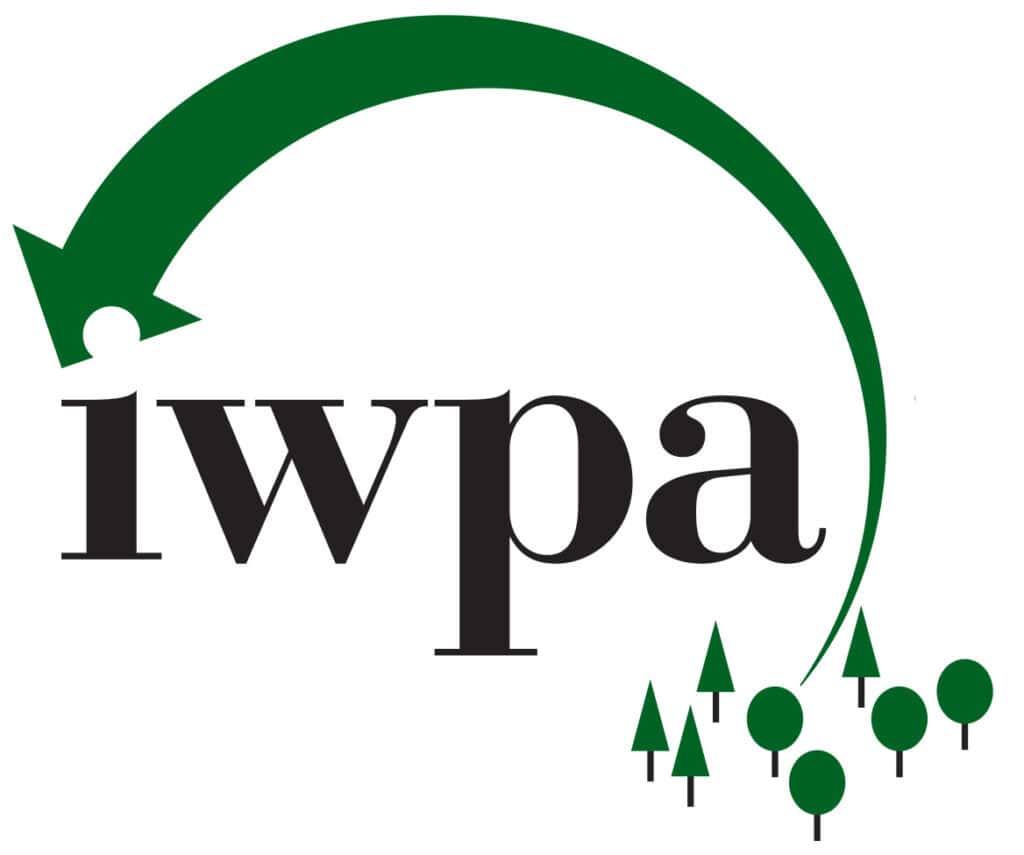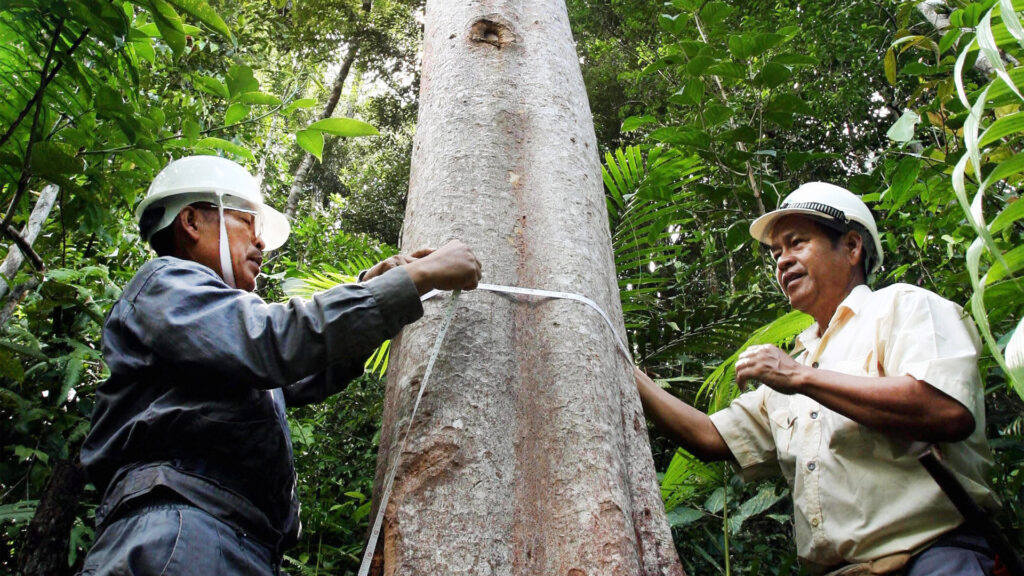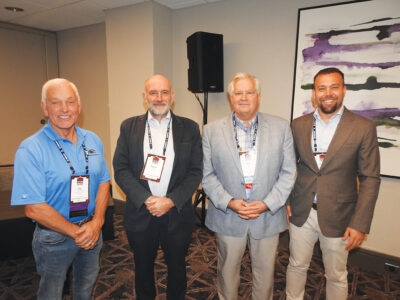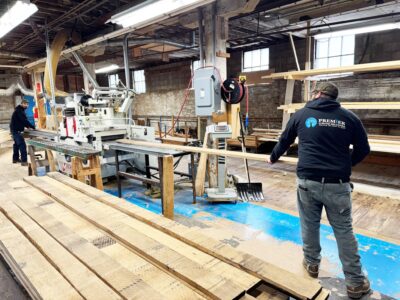

By Ashley Amidon,
CAE Executive Director,
International Wood Products Association
Alexandria, VA
(703) 820-7807 (c)
www.iwpawood.org
As every reader of Import/Export Wood Purchasing News is acutely aware, President Trump has announced his intention to impose tariffs of around 25 percent to “timber, lumber and derivative products.” This is of course in addition to any country specific or global tariffs that could be levied independently. Taken together, the impacts could be staggering.
The imposition of such dramatic tariffs could pose extreme challenges to our industry. While the months ahead present significant uncertainty, we at IWPA are committed to doing everything in our power to help members and the industries that rely on the products they supply to navigate the shifting landscape.
As this edition goes to print, the Trump Administration has officially initiated an investigation under Section 232 of the Trade Expansion Act to determine the effects on national security of wood imports. Among other things, the investigation is looking into whether domestic production of wood products can meet domestic demand and what role foreign supply chains play in meeting U.S. demand. Members of our industry are justifiably proud of the role they play in supplying remarkable, internationally sourced wood products to U.S. manufacturers and consumers, and the ways that imported and domestic wood are combined to create the best possible products. We have a great story to tell, and we are making sure policymakers are hearing it.
IWPA has taken decisive action to advocate for our industry, action that builds on the work we have been doing in recent years to educate policymakers about how delays in the entry of wood products through U.S. ports harm businesses across the country. We are emphasizing to embassies, the administration, legislators, and more than six different federal agencies the critical role that internationally sourced wood plays in the American economy through meetings, letters, and comments. We are working with a number of large and powerful retail and manufacturing industry groups to present a unified voice, whether the topic is shipping or tariffs. Our primary objective is to minimize disruption to supply chains and the industry.
None of this would be possible without the active engagement of IWPA members. We are asking businesses to help us by providing data about the disruptions these price increases will cause. We are asking anyone who is able to come to DC, where we will organize meetings with members of Congress and the administration to make a personal case directly. Most of all, we are asking our industry to join IWPA as a united voice to help show policymakers that tariffs hurt businesses, manufacturing, and consumers. Any IWPA member is welcome to be a part of our efforts, and any non-member is welcome to join our association. It is only by exploring every possible policy avenue, and allying with everyone we can find that we will have any success.
The next few months will bring uncertainty to supply chains, and likely changes to businesses. I always tell policymakers that our businesses are remarkable at adapting, but they have to know what they are adapting to. Right now the greatest challenge is not knowing where anything will stand. IWPA will continue to be our industry’s voice in DC and around the world, and we are committed to providing members with timely, actionable information to allow you to make the best decisions for your company and your employees. If there is anything we can do to assist you, don’t hesitate to reach out to the IWPA team.










